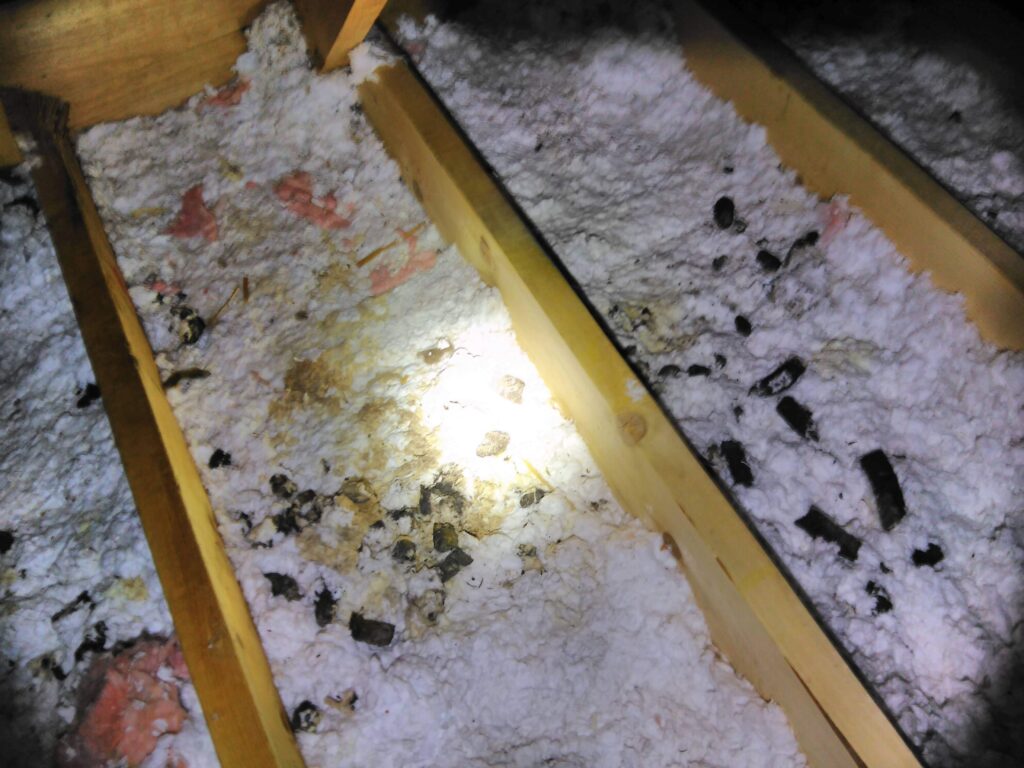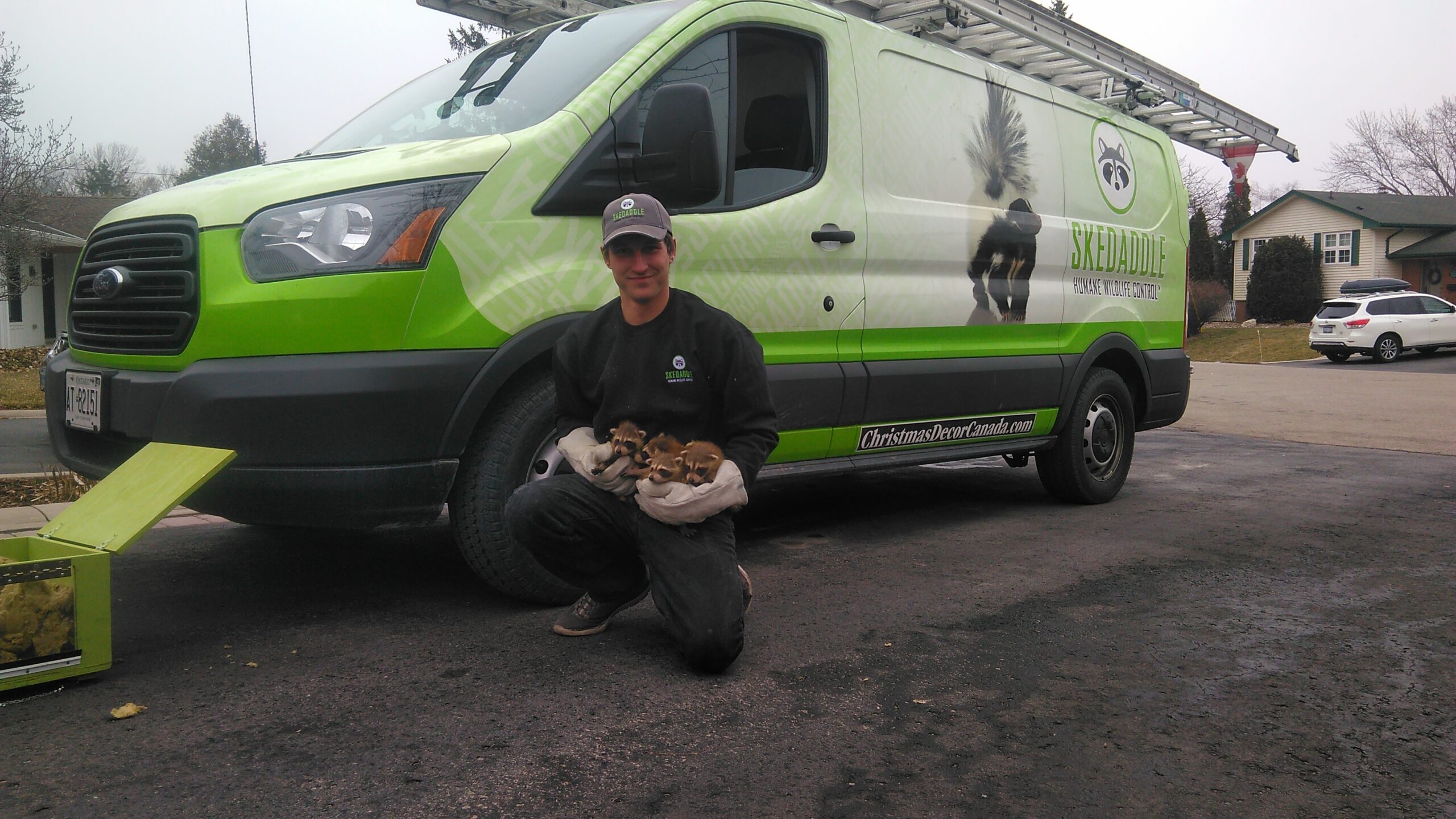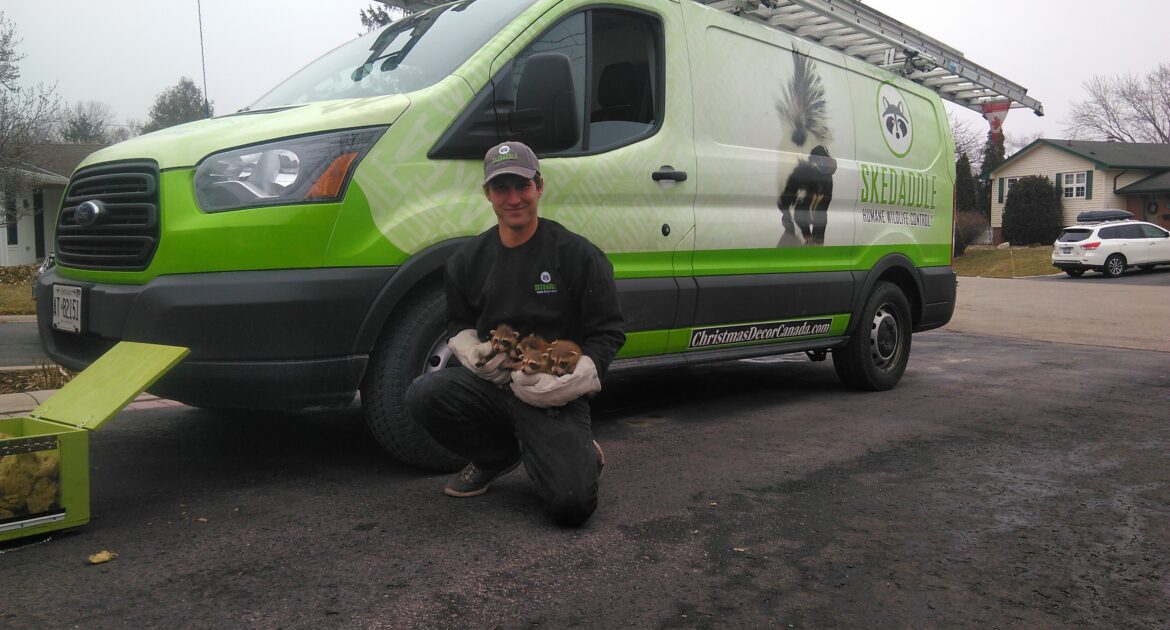Learning how to get rid of raccoons in the backyard is primarily about prevention. People should focus on prevention mainly because of the health risks raccoon infestations present. The animals are cute, but rabies, roundworm, and other illnesses are concerns.
If left alone, raccoons are unlikely to interact with humans. Unfortunately, when people feed the animals or offer an enticing environment for them to live in, they become more familiar, even choosing to find ways into a home and live. To prevent health risks and disease transmission, you need to focus on keeping the animals at a safe distance.
Health Concerns
Nearly all wild animals present health risks to humans and pets. To remain safe and reduce risks, you should avoid feeding or housing wildlife. If you insist on feeding animals, do so away from your house. You do not want to encourage animals to be too close to your house’s foundation.
Too many people feed raccoons. While some people own raccoons as pets, please remember that they are wild animals. Also, raccoons can transmit specific illnesses to humans and other animals, like pets.
1. Feces and Urine
Raccoon feces and urine may contain bacteria, such as salmonella. The symptoms of salmonella include:
- High fever
- Loss of appetite
- Diarrhea
- Abdominal pain

Other bacteria found in raccoon feces and urine can cause other bacterial infections. The symptoms of some of these infections include:
- Nausea
- Vomiting
- Head and muscle aches
- Kidney and liver failure
If you know a raccoon is living in your attic or an outbuilding on your property, it is best to contact a wildlife control professional to remove the animal. The service will also clean, disinfect, and sanitize the location.
2. Roundworm
Raccoons can carry roundworm eggs. They excrete these eggs in their droppings. Unfortunately, the eggs are light enough to become airborne, meaning you can inhale or ingest them without knowing.
After ingesting the eggs, the larvae migrate to different parts of the body, causing severe illness within a week. If left untreated, roundworm can be fatal. The symptoms of roundworm include:
- Fatigue
- Loss of vision
- Loss of coordination
- Loss of muscle control
3. Rabies
People often overestimate the likelihood of rabies in raccoons and other animals. Still, raccoons can carry and transmit the disease, so keeping your distance from the animal is essential.
If you notice a raccoon acting strangely, it is best to notify a humane wildlife control service to assess the situation. Also, a raccoon out during the day does not necessarily mean it has rabies. The animal may be a mother out foraging for her new babies.
Bacteria Spread
If a raccoon makes it inside your home, you, your family, and your pets are at serious risk of infection and illness. The longer a raccoon lives in your house, the more bacteria it will spread.
To protect your family and your home, take immediate action. Call a humane wildlife control service to remove the animal and decontaminate the space.
Do not attempt raccoon removal on your own. Raccoons are strong and defensive creatures. Only a professional wearing proper PPE should try a removal.
Raccoon Removal in Madison
Are you looking for wildlife removal near me because you know you have a raccoon inside your house or because you suspect one is nesting on your property? Either way, hiring a professional service is the safest and most efficient way to resolve your problem. Our team of technicians are trained to understand wildlife behavior, which helps to ensure a safe removal that protects your home in the process. We know where to look for damage, and will explain to you in detail any health and safety issues created by raccoons inside your home. Contact Skedaddle Humane Wildlife Control to schedule a property assessment.




